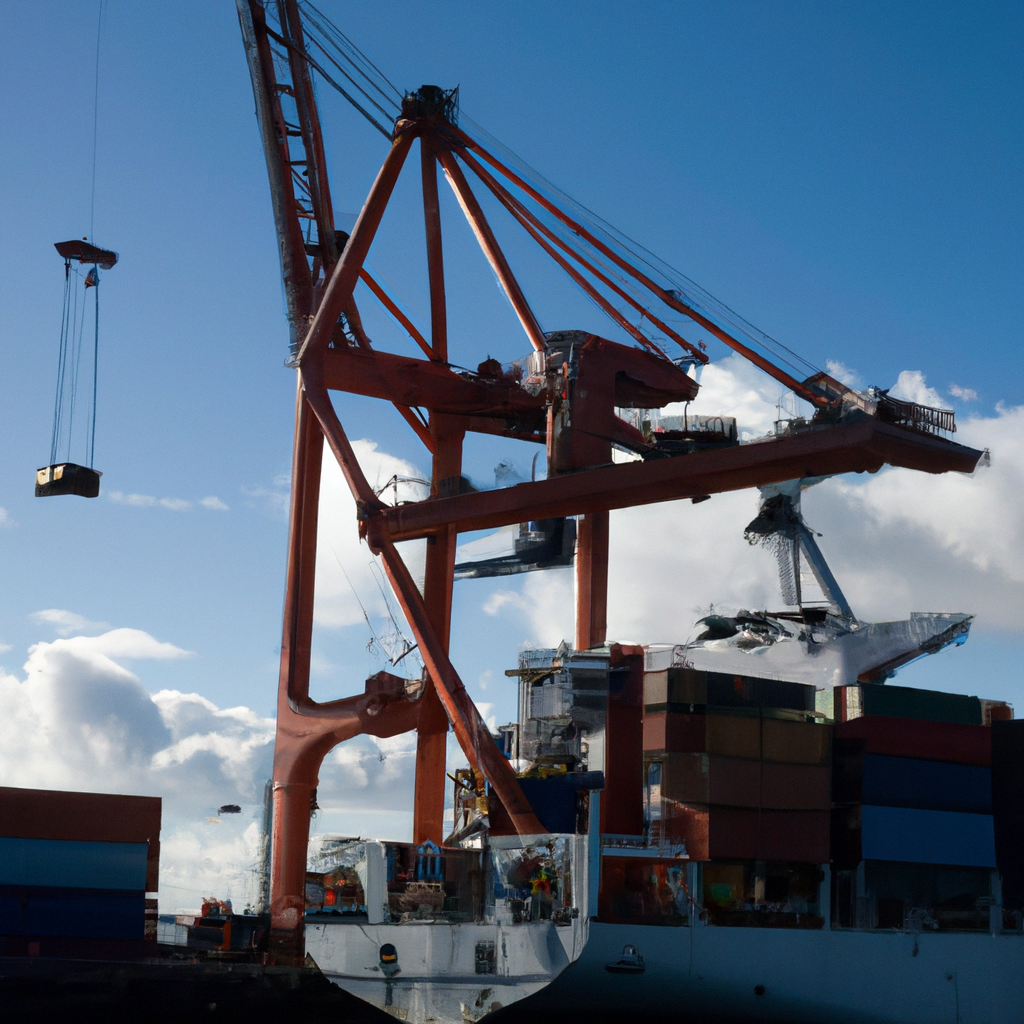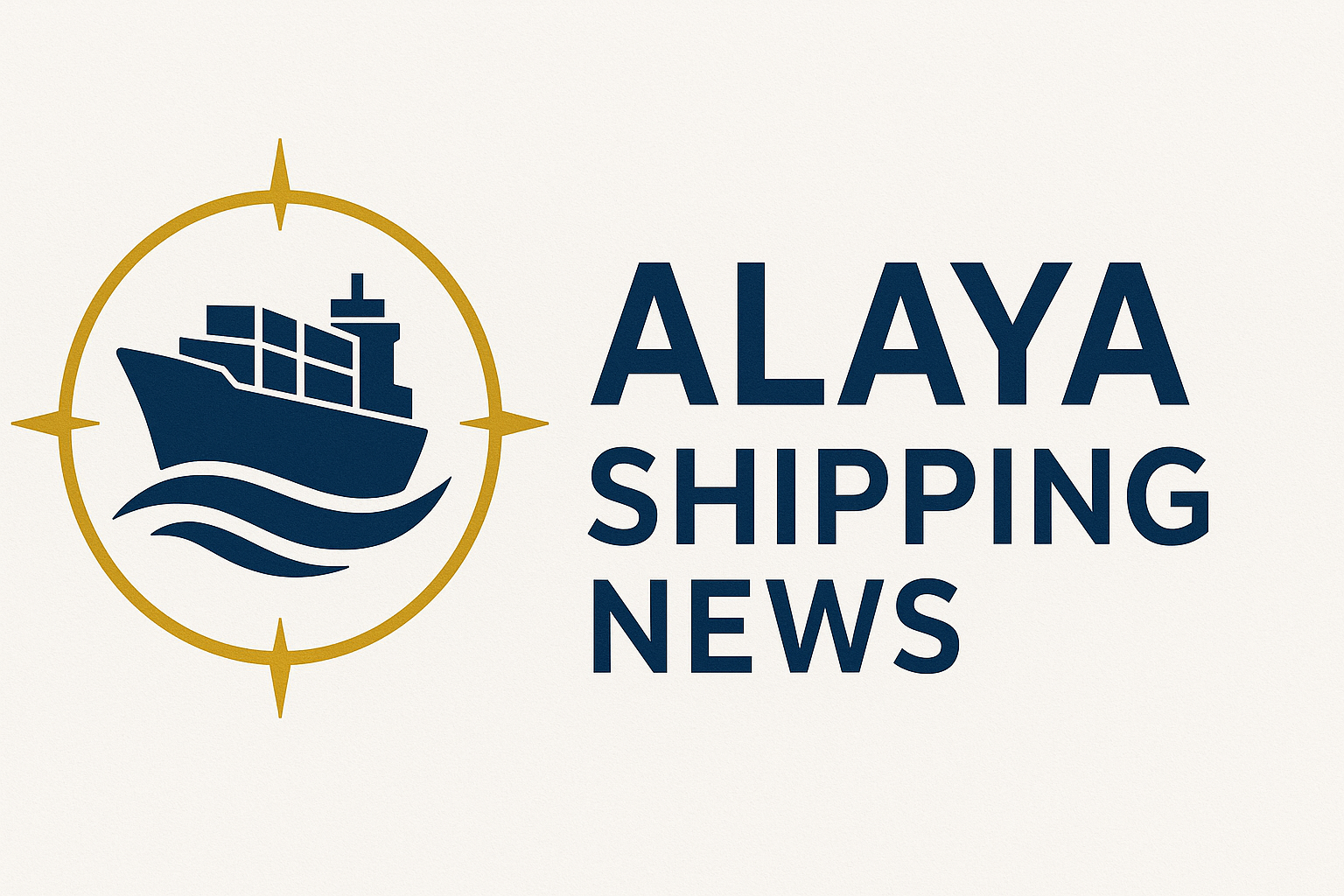*By ALAYA Maritime Desk — Published: 2025-08-20 04:39 (Europe/Oslo)*

**Looming Shadows: Marine Insurers Urged to Tackle Modern Slavery in Supply Chains**
In an era where global supply chains are under increasing scrutiny for ethical practices, the International Union of Marine Insurance (IUMI) has issued a clarion call to marine insurers to heighten their vigilance against modern slavery risks. This directive comes at a time when the maritime industry is navigating complex challenges, from geopolitical tensions to environmental regulations, making the need for ethical oversight more pressing than ever. As the backbone of global trade, the maritime sector’s role in either perpetuating or combating modern slavery cannot be overstated.
**The Unseen Costs of Modern Slavery**
Modern slavery, encompassing forced labor and human trafficking, remains a pervasive issue in global supply chains. According to the Hellenic Shipping News, the IUMI has highlighted the critical need for marine insurers to recognize and mitigate these risks. The maritime industry, with its extensive and often opaque supply chains, is particularly susceptible to such unethical practices. Insurers, as pivotal stakeholders, have a unique position to influence change by enforcing stricter compliance and due diligence measures.
The ramifications of modern slavery are not merely ethical but also financial. Companies found complicit in these practices face reputational damage, legal penalties, and operational disruptions. For insurers, this translates into increased claims and liabilities, underscoring the importance of proactive risk management. By integrating modern slavery considerations into their underwriting processes, insurers can not only protect their portfolios but also drive industry-wide reforms.
**Geopolitical Tensions and Regulatory Pressures**
The call for heightened awareness comes amid shifting geopolitical landscapes and evolving regulatory frameworks. The maritime industry is no stranger to the impacts of geopolitical tensions, which can exacerbate vulnerabilities in supply chains. For instance, new shipping routes, such as those through the Arctic, are emerging due to geopolitical shifts and climate change, as reported by the Hellenic Shipping News. These routes, while offering economic opportunities, also present new challenges in terms of regulatory oversight and ethical compliance.
Regulatory bodies worldwide are increasingly mandating transparency and accountability in supply chains. The implementation of stringent laws against modern slavery, such as the UK Modern Slavery Act and similar legislation in other jurisdictions, reflects a growing global consensus on the need for ethical supply chain management. Marine insurers, therefore, must align their practices with these regulatory expectations to mitigate risks and capitalize on the growing demand for ethical assurance.
**Fleet Movements and Supply Chain Dynamics**
The dynamics of fleet movements further complicate the landscape for marine insurers. As shipping routes evolve and new markets emerge, the complexity of supply chains increases, making it more challenging to monitor and manage ethical risks. The shift towards Arctic routes, for instance, introduces new logistical and environmental considerations that insurers must account for. These changes necessitate a reevaluation of risk assessment models to incorporate the potential for modern slavery and other unethical practices.
Moreover, the global push towards sustainability and environmental responsibility adds another layer of complexity. Insurers are increasingly expected to support green initiatives and sustainable practices, which often intersect with ethical supply chain management. By promoting transparency and accountability, insurers can play a crucial role in fostering a more sustainable and ethical maritime industry.
**Analyst Perspectives: Navigating the Ethical Waters**
Industry analysts suggest that the integration of modern slavery risk assessments into marine insurance practices is not only a moral imperative but also a strategic necessity. One analyst notes that insurers who proactively address these risks can differentiate themselves in a competitive market, attracting clients who prioritize ethical practices. Another viewpoint emphasizes the potential for technological innovations, such as blockchain and artificial intelligence, to enhance supply chain transparency and traceability, thereby reducing the incidence of modern slavery.
However, the path forward is fraught with challenges. The complexity of global supply chains, coupled with varying regulatory environments, makes it difficult to implement uniform standards. Insurers must navigate these complexities while balancing the need for profitability with ethical considerations.
**Conclusion: Charting a Course for Ethical Excellence**
The IUMI’s call to action underscores the urgent need for marine insurers to address modern slavery risks within global supply chains. In a base scenario, insurers who heed this call can mitigate liabilities, enhance their reputational standing, and contribute to industry-wide ethical improvements. A bullish scenario envisions a future where insurers lead the charge in establishing robust ethical standards, driving significant positive change across the maritime sector. Conversely, a bearish scenario warns of potential backlash and financial repercussions for insurers who fail to adapt to these evolving expectations.
Ultimately, the maritime industry stands at a crossroads. By embracing ethical practices and leveraging their influence, marine insurers can play a pivotal role in steering the industry towards a more sustainable and equitable future. As the guardians of global trade, their actions today will shape the ethical landscape of tomorrow.
—
**Sources (selection):**
– https://www.hellenicshippingnews.com/iumi-calls-for-marine-insurers-to-raise-their-awareness-of-modern-slavery-risks-in-global-supply-chains/
– https://www.hellenicshippingnews.com/clean-arctic-alliance-response-to-chinas-new-containership-route-through-arctic/
